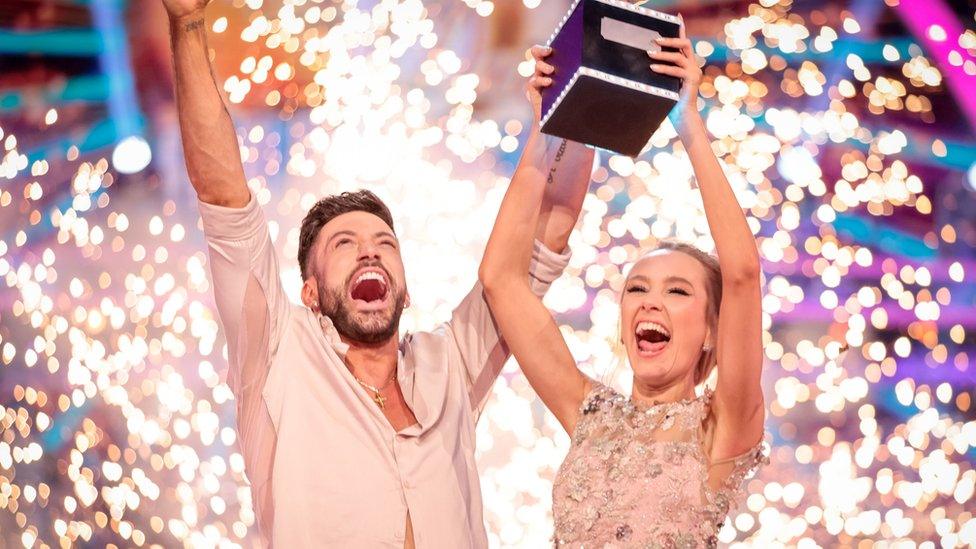Stephen Nolan BBC's fifth highest paid presenter
- Published
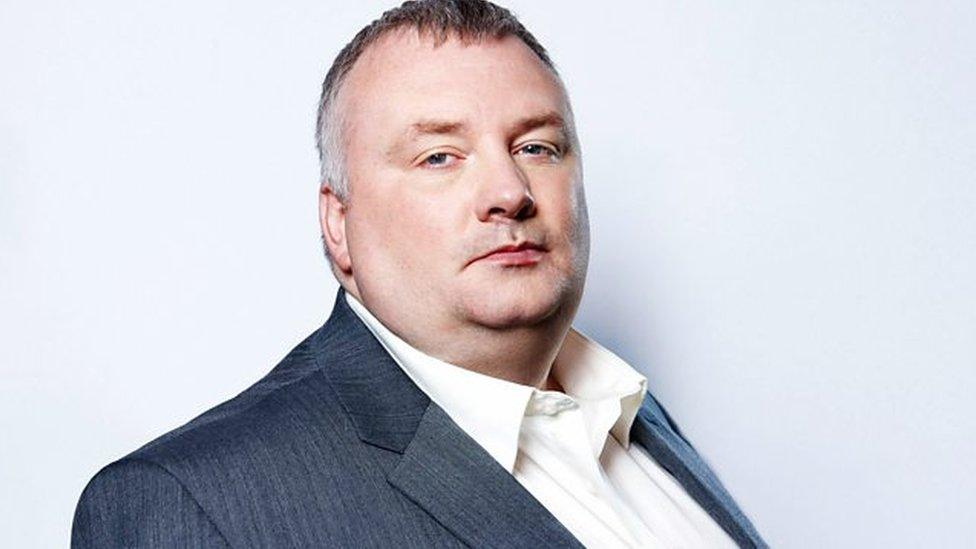
NI presenter Stephen Nolan earns between £415,000 and £419,999 from the licence fee
The presenter Stephen Nolan earned up to £10,000 more from the BBC licence fee in 2021-22 compared to the previous year.
He earned between £415,000 and £419,999 in 2021-22, according to the corporation's annual report.
He earned between £405,000 and £409,999 from the licence fee in 2020-21.
Mr Nolan's 2021-22 salary makes him the fifth best paid BBC on-air star behind Gary Lineker, Zoe Ball, Alan Shearer and Steve Wright.
However, the presenter's pay may vary each year depending on when he is actually paid by the BBC for programmes he has presented.
In 2021-22, Mr Nolan was paid for presenting shows on BBC Radio Ulster and BBC Radio 5 Live, Nolan Live on BBC One Northern Ireland and the Nolan Investigates Stonewall podcast series.
The BBC's annual report for 2021-22 gives the pay details of its top earning presenters and other staff who earn more than £150,000 from the licence fee in the year.
However, the figures in the BBC's annual report also do not include payments to presenters for other programmes made by independent production companies.
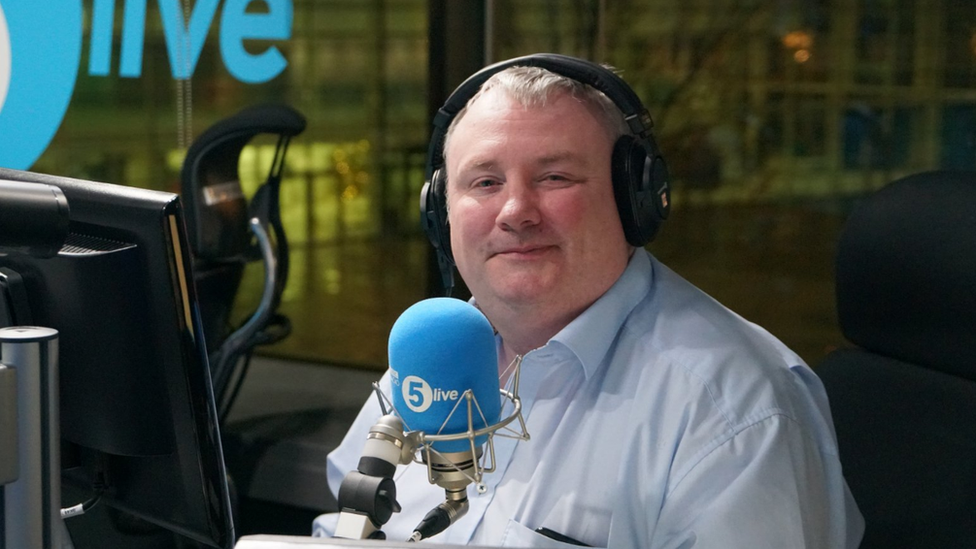
Stephen Nolan presents shows on Radio Ulster and BBC 5 Live as well as doing some television work
The pay of BBC Northern Ireland director Peter Johnston remained at between £195,000 and £199,999 in 2021-22, similar to the previous year.
Mr Johnston is currently leading the delivery of the BBC's impartiality plan and has been replaced as the director of BBC Northern Ireland on an interim basis by Adam Smyth until early 2023.
Large audience
Apart from Mr Nolan and Mr Johnston, there are no other BBC Northern Ireland presenters or staff named in the 2021-22 annual report as earning more than £150,000.
Gary Lineker was again the BBC's best-paid star, earning around £1.35m in 2021-22 - mainly for presenting Match of the Day.
His fellow Match of the Day presenter Alan Shearer earned between £450,000 and £454,999.
Zoe Ball was again the best paid woman, earning around £980,000 for presenting 210 episodes of the Zoe Ball Breakfast show on BBC Radio 2 - though her pay fell from around £1.13m the previous year.
Her BBC Radio 2 colleague Steve Wright earned between £450,000 and £454,999.
The annual report also reveals that BBC audiences remain large in Northern Ireland.
More than 90% of adults used BBC TV or iPlayer, radio or online services in 2021-22, a rise from 88% in 2020-21.
However, there was a fall in the proportion of adults in Northern Ireland who watched BBC TV each week from 76% in 2020-21 to 73% in 2021-22.
There was also a fall in the proportion who watched BBC TV News for Northern Ireland, from 53% in 2020-21 to 48% in 2021-22.
But almost six in ten adults in Northern Ireland used the BBC's online services each week, and that rise in digital use was reflected more widely.
For instance, BBC iPlayer attracted record audiences with 6.6bn streams and BBC Sounds saw 1.54bn UK plays of radio, music and podcasts - up by almost a quarter on 2020-21.
The annual report estimates that the BBC earned £99m in licence fee income from Northern Ireland in 2021-22, similar to the previous year.
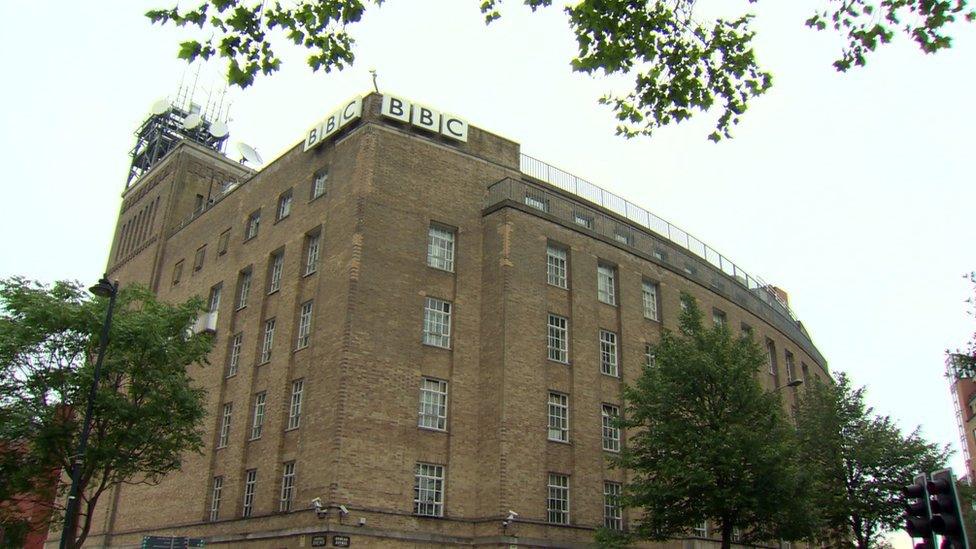
Recent BBC programmes made in Northern Ireland include Bloodlands and Hope Street
The BBC spent £55m of that income on dedicated Northern Ireland content across TV, radio and online in 2021-22, up from £50m in 2020-21.
The proportion of BBC's network television budget spent in Northern Ireland also rose again after a significant fall in 2020.
In 2021, 3.9% of the BBC network television budget was spent in Northern Ireland compared to 1.7% in 2020.
That meant £25m of the BBC's network television budget was spent in Northern Ireland and programmes made or partly made here included Hope Street, Bloodlands, Conversations with Friends and Blue Lights.
The BBC's income from the licence fee across the UK as a whole rose to £3.8bn, up from £3.75bn the previous year.
The corporation also made over £1.5bn from commercial income in 2021-22.
Facing further cuts
However, the BBC as a whole had to make £274m of savings in 2021-22, and reduced its workforce across the UK by over 400 to around 17,700.
The BBC faces making further cuts in the years ahead and estimates that estimates that annual savings of £285m will be needed by 2027-28.
The TV licence, which is the BBC's main source of income, is currently frozen at £159 for two years.
There has also been recent debate about the continuation of the licence fee funding model when the BBC's royal charter expires in 2027.
Related topics
- Published12 July 2022
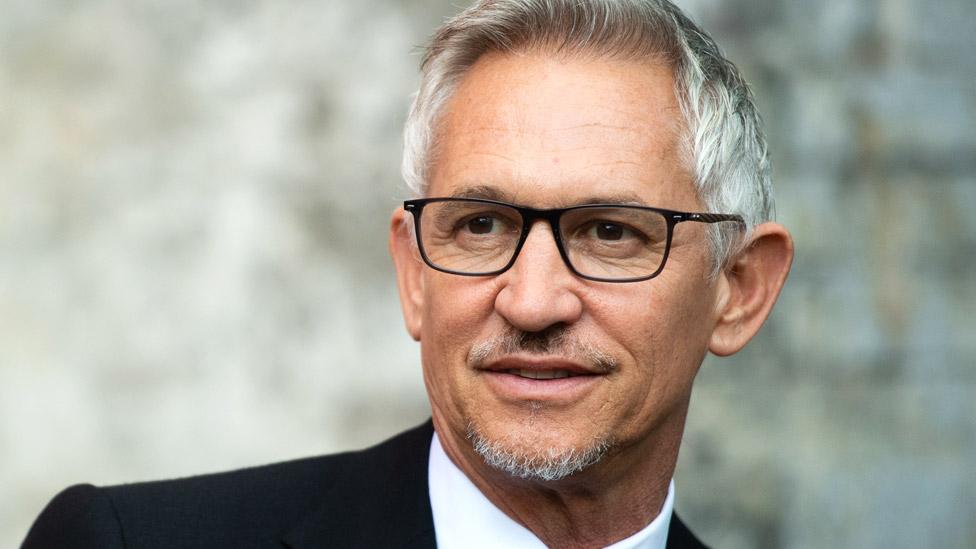
- Published13 December 2021
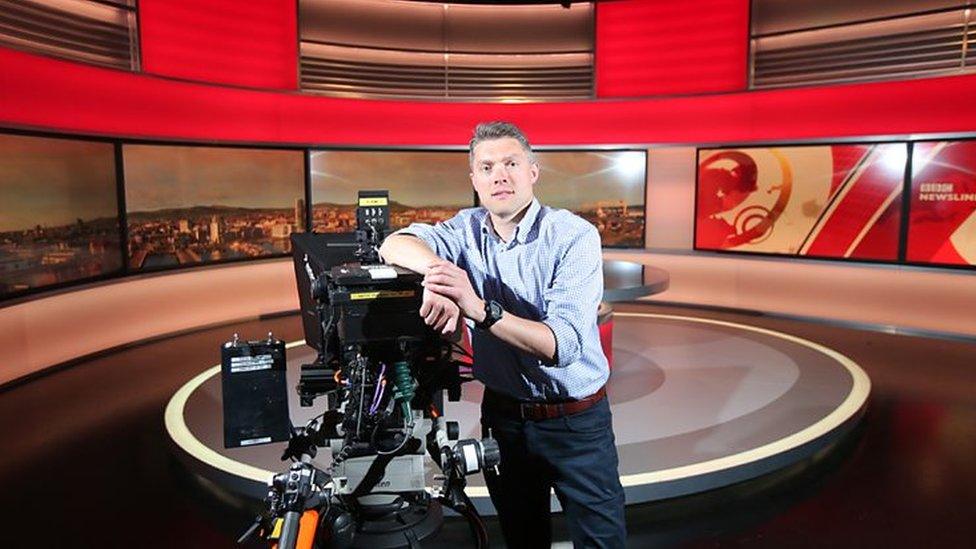
- Published18 January 2022
